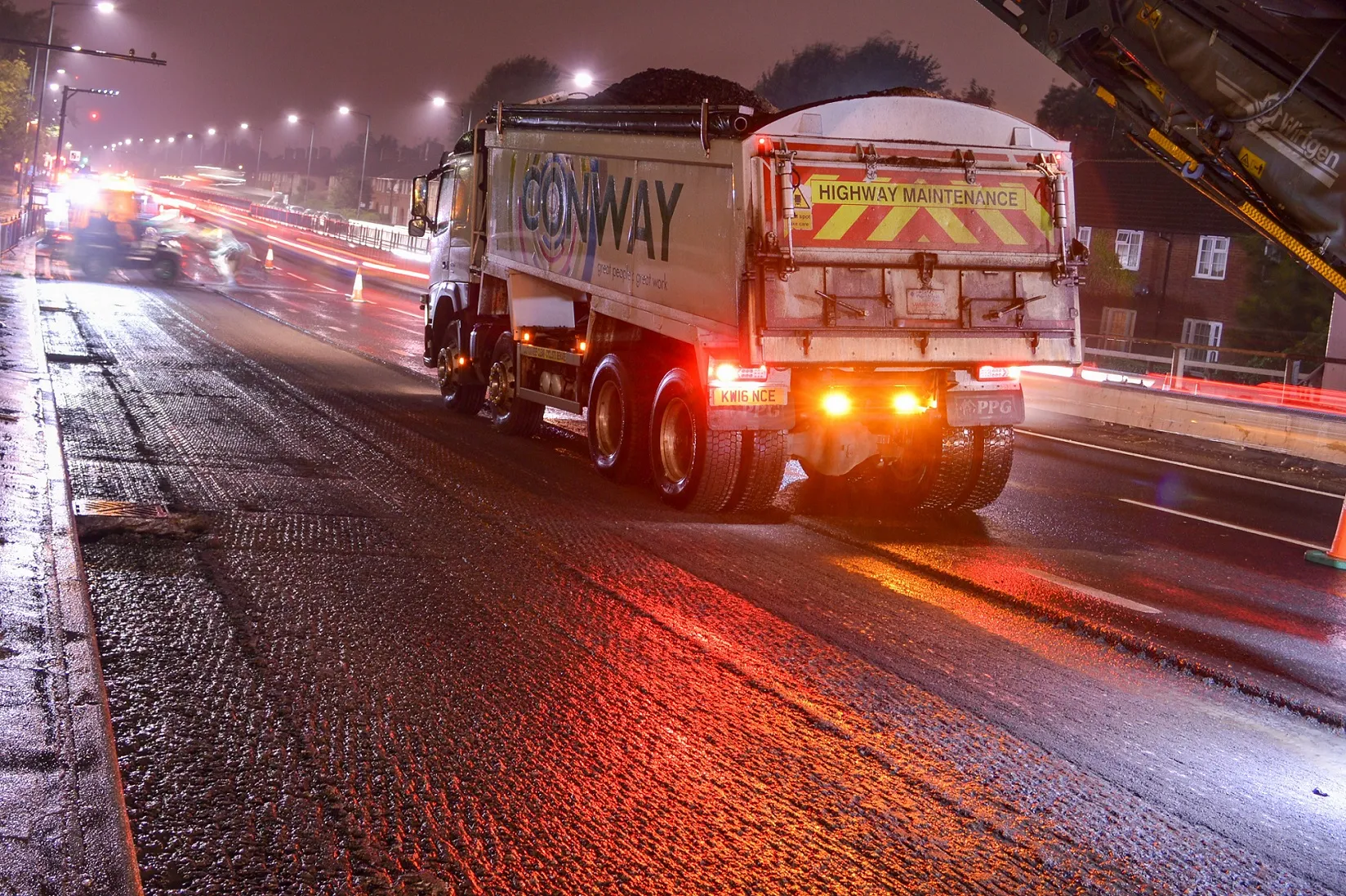London’s transport authority, Transport for London (TfL) is considering orbital and cross-city road tunnels to help reduce pollution in the capital and create more pleasant environments for the residents of its various districts.
“We believe we need to think more ambitiously,” TfL’s Michael Colella, currently lead sponsor for HS2, told the British Tunnelling Society conference in London on Wednesday. “We are looking at taking a significant part of our road traffic and in essence burying it and reusing the
September 24, 2014
Read time: 2 mins
London’s transport authority, 2387 Transport for London (TfL) is considering orbital and cross-city road tunnels to help reduce pollution in the capital and create more pleasant environments for the residents of its various districts.
“We believe we need to think more ambitiously,” TfL’s Michael Colella, currently lead sponsor for HS2, told the British Tunnelling Society conference in London on Wednesday. “We are looking at taking a significant part of our road traffic and in essence burying it and reusing the land to give more open space to people.”
Car usage in London has decreased by 9% in the past decade, with people shifting to public transport, bikes and walking, a trend which is seen in other capital cities, although to a lesser extent, said Colella. In the centre of London, there are 40% fewer cars, largely due to the introduction of a congestion charge where motorists have to pay a fee to enter a central zone
However, the volume of delivery vans and other freight vehicles has risen by 30-40% in the last 10 years, according to Colella, largely due to the growth of internet sales and deliveries. “This tells us that road traffic is not going to disappear,” he told the conference. “It is going to change and morph.”
London needs to learn lessons from other cities which have created green space by burying their roads, he said, citing Boston, Paris and Madrid. One scheme which is already under consideration in London is ‘Hammersmith Flyunder’ which would see an unsightly concrete 1960s flyover which cuts the area in two, moved into twin tunnels.
More immediate projects for TfL include the planned 12m-diameter Silvertown Tunnel, a road tunnel linking the Greenwich Peninsula and Silvertown under the Thames, aimed to ease traffic congestion in and around the Blackwall Tunnel. This is the first of several new bridges and tunnels in London which will help the city’s economic growth, he said.
“We believe we need to think more ambitiously,” TfL’s Michael Colella, currently lead sponsor for HS2, told the British Tunnelling Society conference in London on Wednesday. “We are looking at taking a significant part of our road traffic and in essence burying it and reusing the land to give more open space to people.”
Car usage in London has decreased by 9% in the past decade, with people shifting to public transport, bikes and walking, a trend which is seen in other capital cities, although to a lesser extent, said Colella. In the centre of London, there are 40% fewer cars, largely due to the introduction of a congestion charge where motorists have to pay a fee to enter a central zone
However, the volume of delivery vans and other freight vehicles has risen by 30-40% in the last 10 years, according to Colella, largely due to the growth of internet sales and deliveries. “This tells us that road traffic is not going to disappear,” he told the conference. “It is going to change and morph.”
London needs to learn lessons from other cities which have created green space by burying their roads, he said, citing Boston, Paris and Madrid. One scheme which is already under consideration in London is ‘Hammersmith Flyunder’ which would see an unsightly concrete 1960s flyover which cuts the area in two, moved into twin tunnels.
More immediate projects for TfL include the planned 12m-diameter Silvertown Tunnel, a road tunnel linking the Greenwich Peninsula and Silvertown under the Thames, aimed to ease traffic congestion in and around the Blackwall Tunnel. This is the first of several new bridges and tunnels in London which will help the city’s economic growth, he said.







